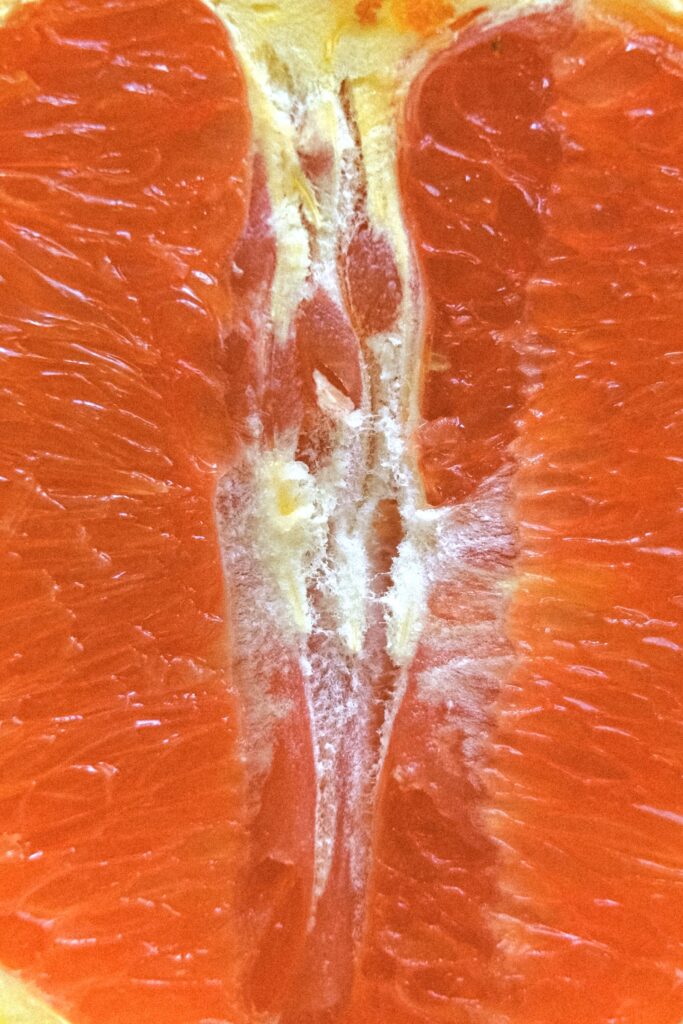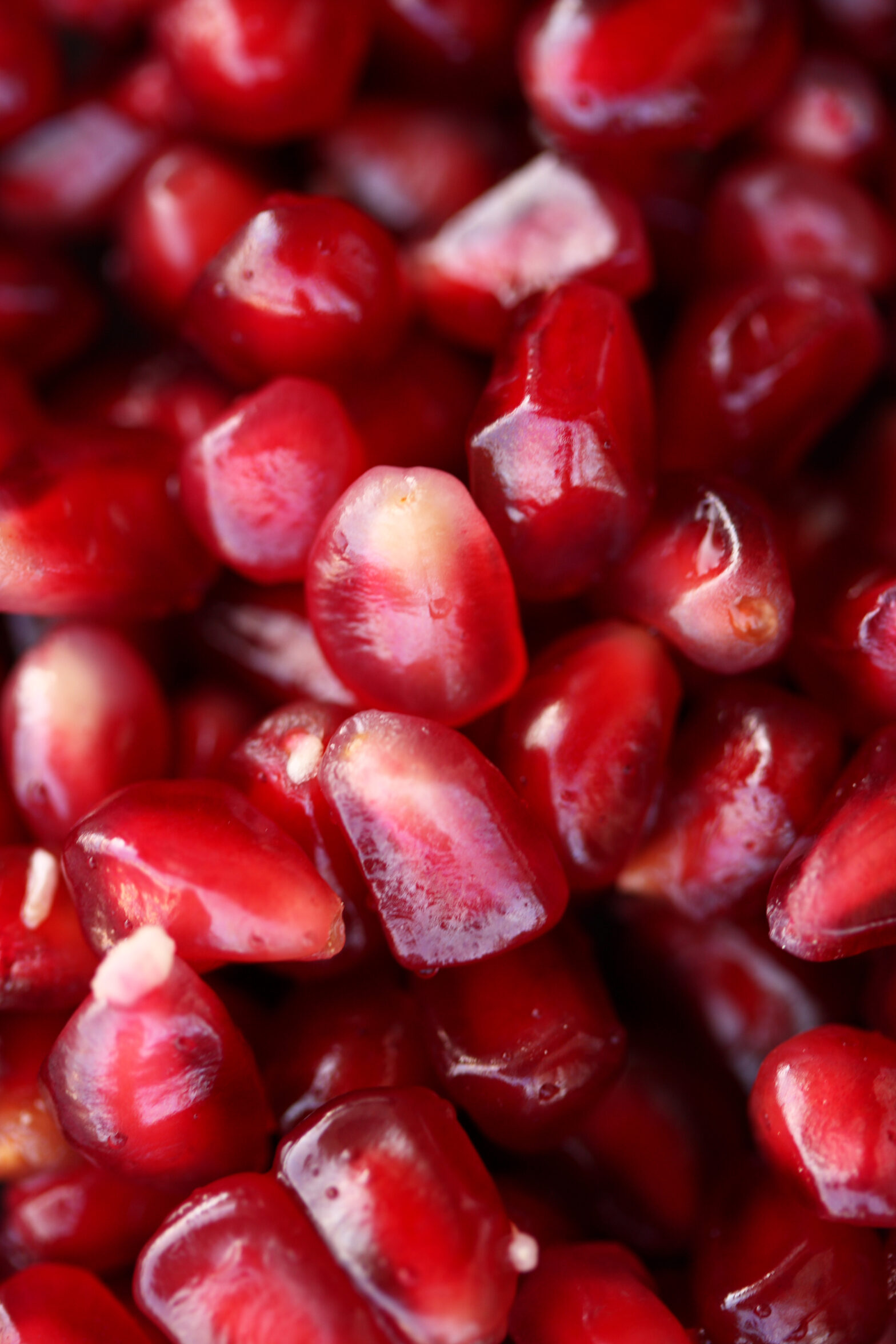Turmeric, a spice commonly found in Indian cuisine, possesses remarkable antioxidant qualities due to its active component, curcumin. This substance not only lends turmeric its vibrant color, but also showcases its potential to reduce inflammation and act as an antioxidant. Extensive research has been conducted on the health benefits of turmeric, revealing its potential to mitigate the risk of various diseases such as type 2 diabetes, heart disease, and cancer. Furthermore, early studies suggest that turmeric may aid in the management of kidney disease in individuals with diabetes, improve metabolic syndrome, combat depression and anxiety, impede the growth of cancer cells, alleviate arthritis pain, and assist in combating inflammation. Although the spice can be effortlessly incorporated into cooking and is also available in supplement form, individuals are advised to consult healthcare professionals before introducing turmeric supplements into their routine. While generally recognized as safe, turmeric may interact with certain medications and produce side effects including skin rash, gastrointestinal discomfort, nausea, and headache. To comprehensively comprehend the potential health benefits and designate the optimal dosage of turmeric, further research is necessary.

The Origins of Turmeric
Turmeric, also known as Indian saffron, is a spice that has been used in Indian cuisine for centuries. It is derived from the root of the Curcuma longa plant and has a bright yellow color that adds vibrancy to dishes. The use of turmeric can be traced back to ancient times, where it was valued for its medicinal properties as well as its culinary applications. Today, turmeric is not only a staple in Indian cooking but has also gained popularity worldwide for its potential health benefits.
Introduction to Turmeric
Turmeric is not only used to add flavor and color to dishes, but it also contains a compound called curcumin, which gives it its distinctive properties. Curcumin is a powerful antioxidant that has been the subject of numerous scientific studies. Its antioxidant properties have been found to be beneficial in reducing oxidative stress and preventing damage caused by free radicals. Additionally, curcumin has been shown to have anti-inflammatory effects, making it a potentially valuable tool in managing chronic inflammation.

Traditional Uses in Indian Cuisine
In Indian cuisine, turmeric is used in a wide variety of dishes. It is a key ingredient in curry powders and spice blends, giving dishes their characteristic flavor and color. Turmeric is commonly used in recipes for rice, lentils, and vegetable dishes, as well as in sauces and marinades for meats. It is also used in traditional beverages such as golden milk and turmeric tea. In addition to its culinary uses, turmeric has long been used in Ayurvedic medicine for its healing properties.
The Antioxidant Compound Curcumin
What is Curcumin?
Curcumin is a natural compound found in turmeric that is responsible for many of its health benefits. It is a polyphenol with potent antioxidant and anti-inflammatory properties. Curcumin has been shown to scavenge free radicals, neutralizing their harmful effects on the body. It also regulates the activity of enzymes and proteins involved in inflammation, reducing the production of inflammatory molecules.
Curcumin’s Anti-Inflammatory Properties
One of the key benefits of curcumin is its ability to reduce inflammation in the body. Chronic inflammation is a common underlying factor in many chronic diseases, including heart disease, cancer, and diabetes. Curcumin has been found to inhibit the activity of inflammatory pathways and reduce the production of inflammatory molecules. By doing so, it may help alleviate symptoms of inflammation and contribute to the prevention and management of inflammatory diseases.
Curcumin’s Antioxidant Properties
Curcumin has also been shown to exert potent antioxidant effects. Antioxidants are compounds that help protect the body against oxidative stress, which occurs when there is an imbalance between free radicals and antioxidants in the body. Free radicals are highly reactive molecules that can cause damage to cells and tissues, leading to chronic diseases and accelerated aging. Curcumin acts as a scavenger, neutralizing free radicals and preventing the damage they can cause. Its antioxidant properties may contribute to its potential health benefits.

Potential Health Benefits of Turmeric
Reducing the Risk of Type 2 Diabetes
Type 2 diabetes is a chronic condition characterized by high blood sugar levels and insulin resistance. Studies have shown that curcumin may help reduce the risk of developing type 2 diabetes. It has been found to improve insulin sensitivity, enhance glucose metabolism, and reduce inflammation associated with diabetes. Additionally, curcumin has shown promise in preventing the progression of prediabetes to type 2 diabetes.
Protecting Against Heart Disease
Heart disease is a leading cause of death worldwide, and preventing it is crucial for maintaining cardiovascular health. Curcumin has been studied for its potential benefits in reducing the risk of heart disease. It has been found to improve various risk factors for heart disease, including reducing inflammation, improving lipid profiles, and reducing oxidative stress. These effects may help protect against the development of heart disease and its complications.
Fighting Cancer
Curcumin has been extensively investigated for its potential anticancer properties. It has been found to inhibit the growth and spread of cancer cells in various types of cancer, including breast, colon, lung, and prostate cancer. Curcumin’s anti-inflammatory and antioxidant properties play a role in its anticancer effects, as inflammation and oxidative stress are closely linked to cancer development. While more research is needed, curcumin shows promise as a potential adjunctive therapy in cancer treatment.
Improving Kidney Disease in Diabetics
People with diabetes are at higher risk of developing kidney disease, also known as diabetic nephropathy. Limited evidence suggests that curcumin may have a beneficial effect on kidney function in people with diabetes. It has been found to reduce the markers of kidney damage, such as proteinuria and oxidative stress. However, more research is needed to determine the optimal dosage and long-term effects of curcumin on kidney function.
Reducing Inflammation
Chronic inflammation is a common underlying factor in many chronic diseases, including arthritis, inflammatory bowel disease, and even neurodegenerative disorders like Alzheimer’s disease. Curcumin has been shown to reduce the production of inflammatory molecules, inhibit the activity of inflammatory pathways, and alleviate symptoms of inflammation. Its anti-inflammatory effects may contribute to its potential benefits in managing various inflammatory conditions.
Managing Metabolic Syndrome
Metabolic syndrome is a cluster of conditions that increase the risk of heart disease, stroke, and type 2 diabetes. These conditions include high blood pressure, high blood sugar levels, abnormal cholesterol levels, and excess abdominal fat. Curcumin has shown promise in managing metabolic syndrome by improving various risk factors associated with the condition. It has been found to reduce inflammation, improve insulin sensitivity, and enhance lipid metabolism.
Easing Depression and Anxiety
Mental health conditions like depression and anxiety are prevalent worldwide and can have a significant impact on quality of life. Curcumin has been studied for its potential benefits in managing these conditions. It has been found to modulate several neurotransmitters involved in mood regulation and increase the production of brain-derived neurotrophic factor (BDNF), a protein that supports brain health. While more research is needed, curcumin shows promise as a potential adjunctive treatment for depression and anxiety.
Inhibiting Cancer Cells
In addition to its potential anticancer effects, curcumin has also been found to inhibit the growth and spread of cancer cells. It has been shown to interfere with various signaling pathways involved in cancer growth and metastasis. Curcumin’s ability to target multiple signaling pathways makes it an attractive candidate for combination therapy in cancer treatment. However, further research is needed to determine its optimal dosing and efficacy in different types of cancer.
Relieving Pain in Arthritis
Arthritis is a condition characterized by joint inflammation and pain. Curcumin has been studied for its potential benefits in managing arthritis symptoms. It has been found to reduce inflammation, inhibit the production of inflammatory molecules, and alleviate pain associated with arthritis. Some studies have shown that curcumin may be as effective as nonsteroidal anti-inflammatory drugs (NSAIDs) in relieving arthritis pain, without their side effects. However, more research is needed to determine the optimal dosage and long-term effects of curcumin in arthritis management.
Using Turmeric in Cooking and Supplements
Cooking with Turmeric
Turmeric can be easily incorporated into various dishes to enhance their flavor and color. It pairs well with vegetables, rice, lentils, and meats. It can be used in both powder and fresh form, with the powdered form being more commonly used in cooking. To maximize the absorption of curcumin, it is often recommended to consume it with black pepper and a source of fat, as these enhance its bioavailability.
Turmeric Supplements
For those who may not consume turmeric regularly in their diet, turmeric supplements are available in various forms, such as capsules, tablets, and powders. These supplements typically contain curcumin extracts, providing a concentrated dose of the compound. However, it is important to note that curcumin has poor bioavailability, meaning that the body has difficulty absorbing and utilizing it. To improve absorption, some supplements may include ingredients like piperine, a compound found in black pepper that enhances curcumin absorption.
Considerations and Side Effects
Consulting with a Healthcare Provider
Before starting turmeric supplements or significantly increasing its consumption, it is important to consult with a healthcare provider, especially if you have any underlying health conditions or are taking medications. They can provide specific recommendations based on your individual circumstances and help ensure that turmeric is safe and appropriate for you.
Safety of Turmeric
Turmeric is generally considered safe when consumed in moderate amounts through food. However, there may be some risks associated with high doses or long-term use of turmeric supplements. It is important to follow the recommended dosage provided by the supplement manufacturer or as advised by a healthcare provider.
Interactions with Medications
Turmeric may interact with certain medications, potentially affecting their effectiveness or increasing the risk of side effects. It can interfere with the activity of enzymes involved in drug metabolism, leading to altered drug levels in the body. If you are taking any medications, especially blood thinners, antiplatelet drugs, or medications for diabetes, it is important to discuss the use of turmeric with your healthcare provider.
Possible Side Effects
While turmeric is generally well-tolerated, some individuals may experience side effects. These can include gastrointestinal discomfort, nausea, skin rash, and headache. If you experience any adverse reactions after consuming turmeric, it is recommended to discontinue its use and consult with a healthcare provider.
Conclusion and Future Research
Current research suggests that turmeric, specifically its active compound curcumin, has potential health benefits, including reducing the risk of type 2 diabetes, protecting against heart disease, fighting cancer, improving kidney disease in diabetics, reducing inflammation, managing metabolic syndrome, easing depression and anxiety, inhibiting cancer cells, and relieving pain in arthritis. However, more research is needed to fully understand the mechanisms of action, optimal dosages, and long-term effects of turmeric and curcumin.
As the popularity of turmeric continues to grow, it is important to conduct robust clinical trials to validate its potential health benefits. By furthering our understanding of turmeric’s effects on various diseases and conditions, we can unlock its full potential as a natural therapeutic agent. In the meantime, individuals interested in incorporating turmeric into their diet or taking turmeric supplements should consult with their healthcare provider to ensure safety and appropriateness for their specific circumstances. Through continued research and collaboration, we can uncover the full range of benefits that turmeric has to offer.
